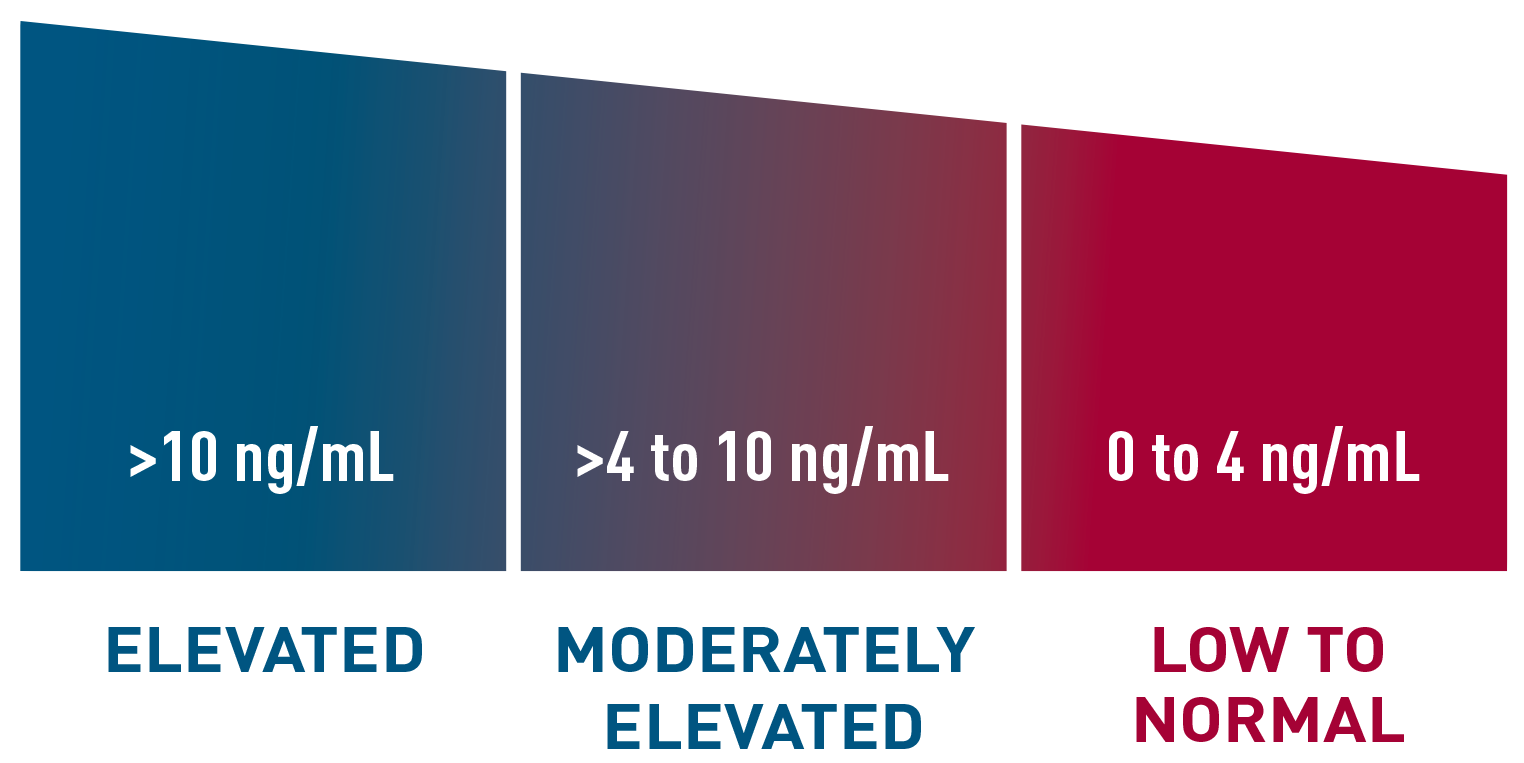Indication
FIRMAGON® (degarelix for injection) is a prescription medicine used in the treatment of advanced prostate cancer.
Important Safety Information
- Do not receive FIRMAGON if you are allergic to degarelix or any of the ingredients in FIRMAGON
- FIRMAGON can cause serious side effects.
Serious allergic reactions. Get medical help right away if you get any of these symptoms:
- Trouble breathing or wheezing
- Severe itching
- Swelling of your face, lips, mouth, or tongue
Disorders of the heart’s electrical activity. Your healthcare provider may do tests during treatment with FIRMAGON to check your heart for a condition called long QT syndrome.
- Women who are pregnant or may become pregnant should not take FIRMAGON. FIRMAGON can harm an unborn baby when given to a pregnant woman.
- Before receiving FIRMAGON, tell your healthcare provider about all your medical conditions, including if you have any heart problems including a condition called long QT syndrome, have problems with blood levels such as sodium, potassium, calcium, and magnesium, have kidney or liver problems.
- The common side effects of FIRMAGON include: hot flashes, injection site pain, redness and swelling, weight loss or gain, increase in some liver enzymes, decreased sex drive, and erectile function problems.
Tell your healthcare provider if you have any side effects that bother you or that does not go away. These are not all the possible side effects.
You are encouraged to report negative side effects of prescription drugs to the FDA.
Visit www.FDA.gov/medwatch or call 1-800-FDA-1088.
You may also contact Ferring Pharmaceuticals Inc. at 1-888-FERRING.
Indication
FIRMAGON® (degarelix for injection) is a prescription medicine used in the treatment of advanced prostate cancer.
Important Safety Information
- Do not receive FIRMAGON if you are allergic to degarelix or any of the ingredients in FIRMAGON
- FIRMAGON can cause serious side effects.
Serious allergic reactions. Get medical help right away if you get any of these symptoms:
- Trouble breathing or wheezing
- Severe itching
- Swelling of your face, lips, mouth, or tongue
Disorders of the heart’s electrical activity. Your healthcare provider may do tests during treatment with FIRMAGON to check your heart for a condition called long QT syndrome.
- Women who are pregnant or may become pregnant should not take FIRMAGON. FIRMAGON can harm an unborn baby when given to a pregnant woman.
- Before receiving FIRMAGON, tell your healthcare provider about all your medical conditions, including if you have any heart problems including a condition called long QT syndrome, have problems with blood levels such as sodium, potassium, calcium, and magnesium, have kidney or liver problems.
- The common side effects of FIRMAGON include: hot flashes, injection site pain, redness and swelling, weight loss or gain, increase in some liver enzymes, decreased sex drive, and erectile function problems.
Tell your healthcare provider if you have any side effects that bother you or that does not go away. These are not all the possible side effects.
You are encouraged to report negative side effects of prescription drugs to the FDA.
Visit www.FDA.gov/medwatch or call 1-800-FDA-1088.
You may also contact Ferring Pharmaceuticals Inc. at 1-888-FERRING.
